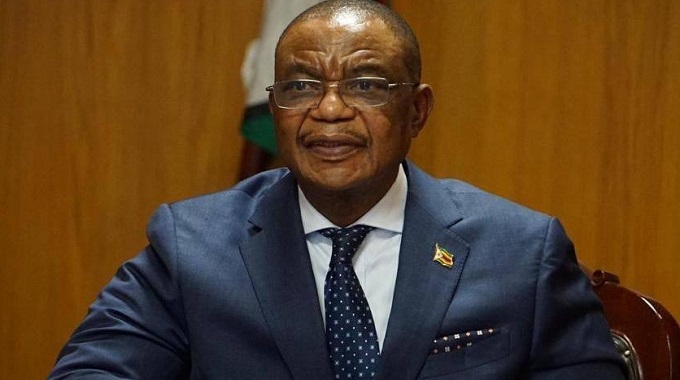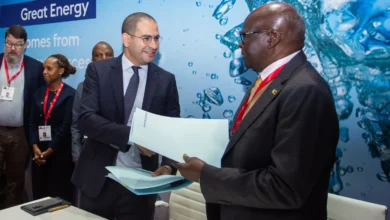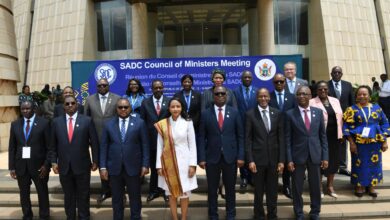Zimbabwe Deepens Economic Ties with Central Asia as VP Chiwenga Heads to Tajikistan

Zimbabwe is strengthening its international partnerships in Central Asia, with Vice President Dr Constantino Chiwenga expected to arrive in Tajikistan tomorrow for a series of high-level meetings with key economic players. The visit underscores Zimbabwe’s ongoing pursuit of strategic global alliances aimed at accelerating economic development and achieving upper-middle-income status by 2030.
Dr Chiwenga’s trip marks a follow-up to engagements held last year, during which the two nations signed several economic cooperation frameworks. This visit is expected to review the progress made so far and fine-tune implementation modalities for agreed-upon initiatives.
Top on Zimbabwe’s agenda is seeking collaboration in aluminium production, boosting agricultural productivity, and tapping into emerging markets. As the country pursues its Vision 2030 goals, partnerships with fast-growing economies like Tajikistan offer a new frontier for trade, investment, and knowledge exchange.
Tajikistan, according to World Bank data, has enjoyed robust economic growth over the past decade, averaging 7.1 percent annually. In 2024 alone, the country posted an impressive 8.4 percent growth rate, reflecting solid macroeconomic fundamentals and successful reforms.
This economic surge has translated into tangible social progress, with poverty levels dropping from 32 percent in 2009 to just 9.1 percent in 2024. Tajikistan’s youthful population and expanding sectors such as agriculture, hydropower, and tourism offer compelling investment opportunities for countries like Zimbabwe that are looking to diversify their economic partnerships beyond traditional allies.
By aligning with Tajikistan, Zimbabwe aims to learn from its rapid transformation and explore joint ventures that can deliver mutual benefits. The aluminium sector is of particular interest, with Zimbabwe keen to leverage Tajik expertise to establish or expand local production capacity. Similarly, agricultural collaboration is expected to involve technology transfers and research exchanges to boost yields and ensure food security.
Vice President Chiwenga’s itinerary includes bilateral meetings with top government officials, business leaders, and development institutions. These engagements will focus on identifying immediate investment opportunities, streamlining cross-border trade procedures, and establishing sector-specific working groups to monitor progress on joint projects.
The visit also complements Zimbabwe’s broader international re-engagement strategy, which seeks to open new economic corridors and attract diversified sources of foreign direct investment. As global economic power continues to shift eastward, forming meaningful partnerships in regions like Central Asia could prove pivotal for Zimbabwe’s growth trajectory.
With both countries charting ambitious economic futures, this deepening of ties between Zimbabwe and Tajikistan could set the stage for long-term cooperation and shared prosperity.




